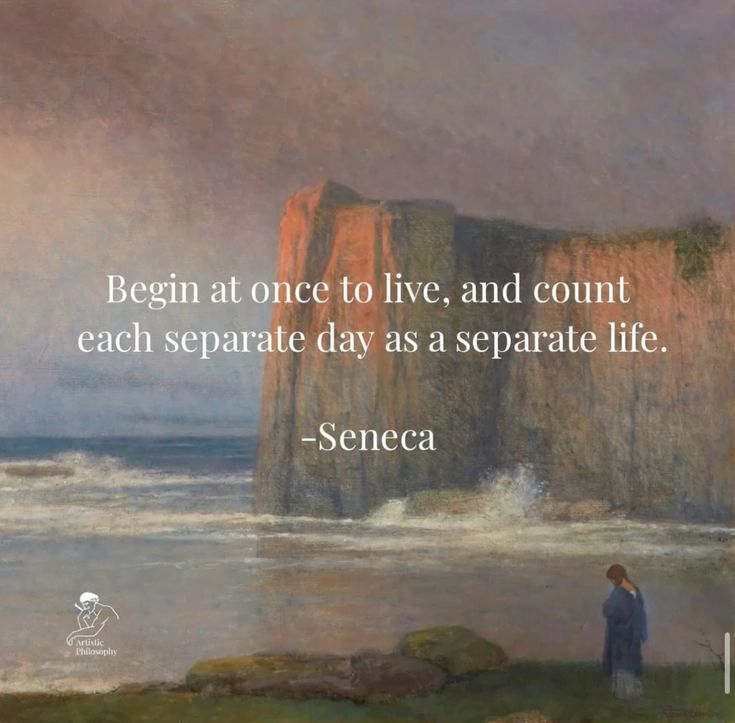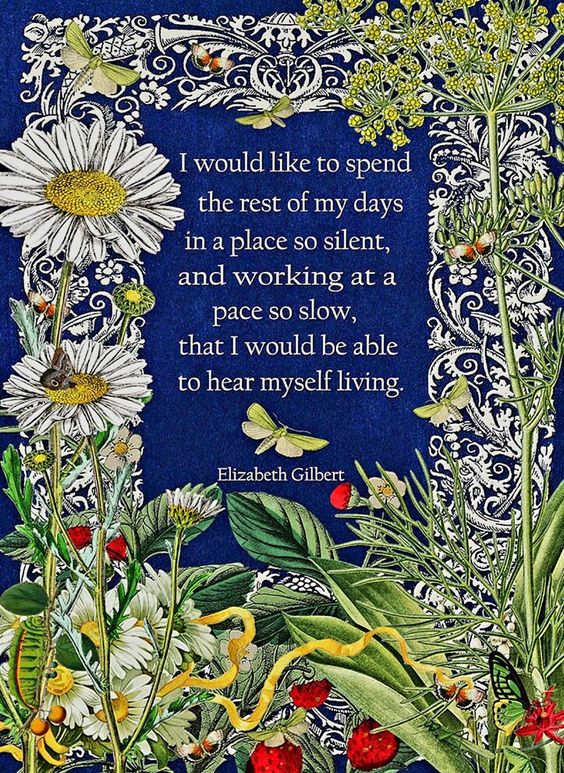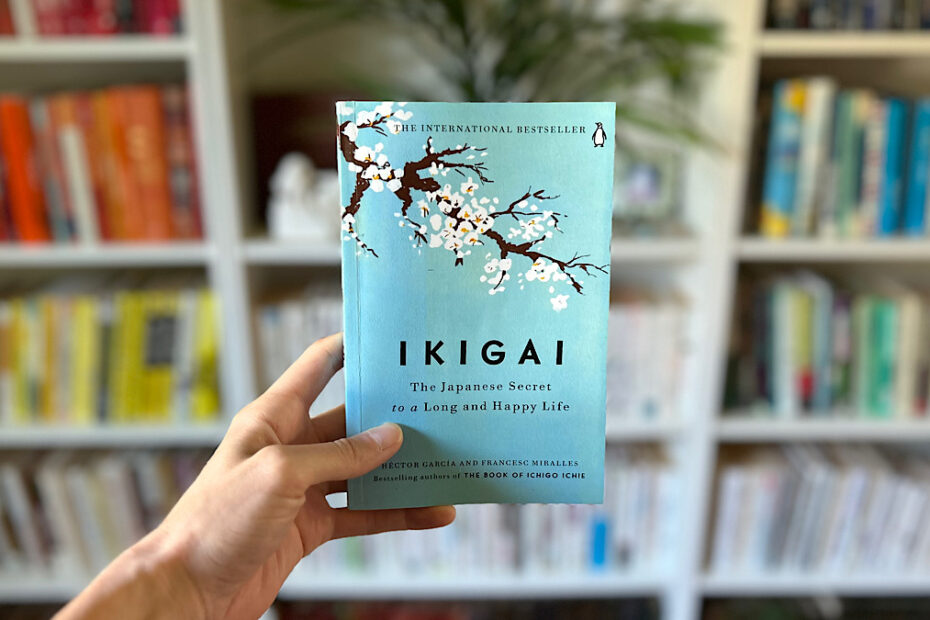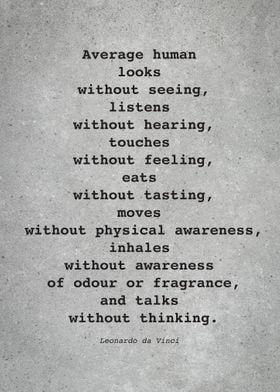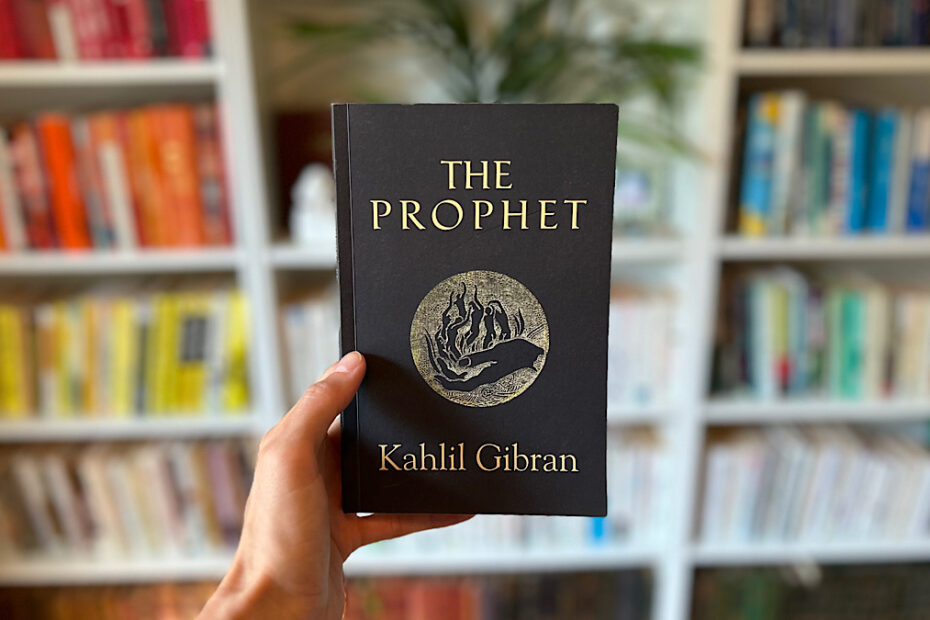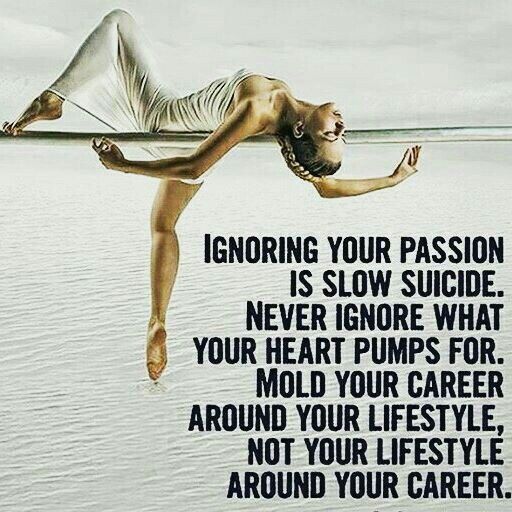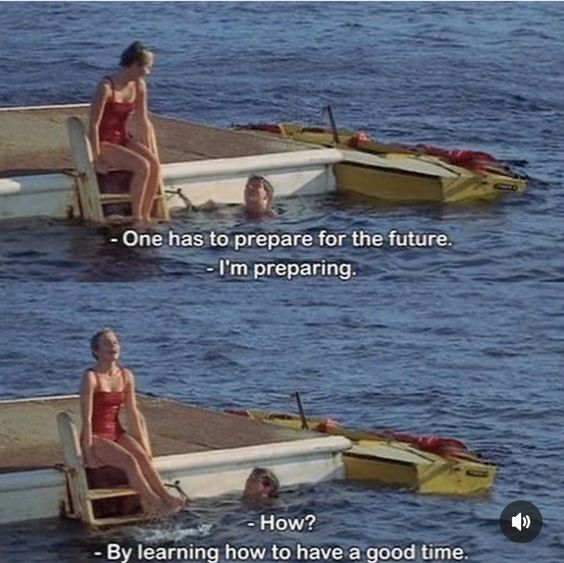“People pay for what they do and still more, for what they have allowed themselves to become. And they pay for it simply: by the lives they lead.”
James Baldwin, via Discipline Is Destiny (Page 90)
“There’s something sobering about moments when mortality decides to pull up a chair and join you for a chat. It doesn’t matter who you are, how much kale you’ve eaten, or whether you can still squeeze into your high school jeans on your 60th birthday. (Spoiler Alert: I cannot). Mortality reminds us that we’re all just passing through, and none of us gets to skip the check-out line. Death doesn’t discriminate. But here’s the twist: Mortality isn’t here to ruin the party. It’s here to remind us to live.”
Craig Misewicz
Don’t Let The Tame Ones Tell You How To Live [Poster]
Why We ♥ It: Some of the best advice I (Matt here) ever got was: don’t take life advice from people who aren’t living a life you want to live and don’t take criticism from people you wouldn’t go to for advice. I created this poster to act as a reminder to listen more closely to our role models and less closely to our critics, trolls, and tamed-comfort-zone-hugger acquaintances. It’s also a perfect gift for the outdoor adventurer, travel enthusiast, or solo explorer (or soon to be) who lives the anti-tame lifestyle and wants to beautifully illustrate it on the walls of their home (that they’ll rarely be there to see ;) Available in print or digital download.
“As I see it, life is always a great journey—with many highs, regressions, and failures, but no destination. It’s our task to find every opportunity for adventure and challenge along that grand journey.”
Bert R. Mandelbaum, MD, via The Win Within (Page 102)
“Life can only be lived dangerously—there is no other way to live it. It is only through danger that life attains maturity, growth. One needs to be an adventurer, always ready to risk the known for the unknown. That’s what being a seeker is all about. But once one has tasted the joys of freedom and fearlessness, one never repents because then one knows what it means to live at the optimum. Then one knows what it means to burn your life’s torch from both ends together. And even a single moment of that intensity is more gratifying than a whole eternity of mediocre living.”
Osho, Everyday Osho (Page 310)
The 10 Rules of Ikigai (for a Longer and Happier Life) + 6 Bonus Quotes from The Book
Excerpt: What is Ikigai? Often translated as “a reason for being,” it’s a concept that—when fully understood—can add years and joy to your life…
Read More »The 10 Rules of Ikigai (for a Longer and Happier Life) + 6 Bonus Quotes from The Book
18 Kahlil Gibran Quotes from The Prophet and Insights For Fulfilled Living
Excerpt: …One of those rare books that’s concise AND deep. Read these 18 quotes from The Prophet and update your thinking on fulfilled living today.
Read More »18 Kahlil Gibran Quotes from The Prophet and Insights For Fulfilled Living
Ikigai: The Japanese Secret to a Long and Happy Life [Book]
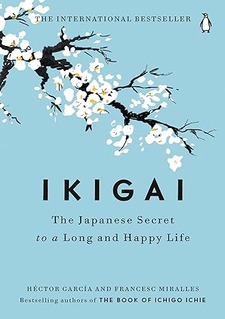
Book Overview: According to the Japanese, everyone has an ikigai—a reason for living. And according to the residents of the Japanese village with the world’s longest-living people, finding it is the key to a happier and longer life. Having a strong sense of ikigai—where what you love, what you’re good at, what you can get paid for, and what the world needs all overlap—means that each day is infused with meaning. It’s the reason we get up in the morning. In researching this book, the authors interviewed the residents of the Japanese village with the highest percentage of 100-year-olds—one of the world’s Blue Zones. Ikigai reveals the secrets to their longevity and happiness: how they eat, how they move, how they work, how they foster collaboration and community, and—their best-kept secret—how they find the ikigai that brings satisfaction to their lives. And it provides practical tools to help you discover your own ikigai.
Post(s) Inspired by this Book:
“I saw my life branching out before me like the green fig tree in the story. From the tip of every branch, like a fat purple fig, a wonderful future beckoned and winked. One fig was a husband and a happy home and children, and another fig was a famous poet and another fig was a brilliant professor, and another fig was Ee Gee, the amazing editor, and another fig was Europe and Africa and South America, and another fig was Constantin and Socrates and Attila and a pack of other lovers with queer names and offbeat professions, and another fig was an Olympic lady crew champion, and beyond and above these figs were many more figs I couldn’t quite make out. I saw myself sitting in the crotch of this fig tree, starving to death, just because I couldn’t make up my mind which of the figs I would choose. I wanted each and every one of them, but choosing one meant losing all the rest, and, as I sat there, unable to decide, the figs began to wrinkle and go black, and, one by one, they plopped to the ground at my feet.”
Sylvia Plath, The Bell Jar
“It ain’t no sin to be glad you’re alive.”
Bruce Springsteen, Badlands | Read Matt’s Blog on This Quote Here ➜
Heavy: An American Memoir [Book]
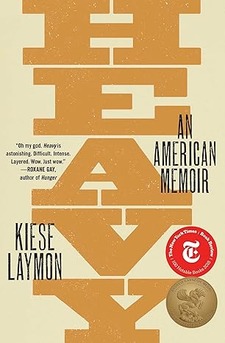
Book Overview: In Heavy, Laymon writes eloquently and honestly about growing up a hard-headed black son to a complicated and brilliant black mother in Jackson, Mississippi. From his early experiences of sexual violence, to his suspension from college, to time in New York as a college professor, Laymon charts his complex relationship with his mother, grandmother, anorexia, obesity, sex, writing, and ultimately gambling. Heavy is a “gorgeous, gutting…generous” (The New York Times) memoir that combines personal stories with piercing intellect to reflect both on the strife of American society and on Laymon’s experiences with abuse. By attempting to name secrets and lies he and his mother spent a lifetime avoiding, he asks us to confront the terrifying possibility that few in this nation actually know how to responsibly love, and even fewer want to live under the weight of actually becoming free.
“I had to go through so much stupidity, so much vice, so much error, so much disgust and disillusion and distress, merely in order to become a child again and begin afresh. But it was right, my heart says yes, my eyes are laughing. I had to experience despair, I had to sink down to the most foolish of all thoughts, to the thought of suicide, in order to experience grace, to hear om again, to sleep properly again and to awaken properly again. I had to become a fool in order to find Atman in me again. I had to sin in order to live again.”
Hermann Hesse, Siddhartha (Page 85)
“If energy is there and not used rightly it goes sour, becomes bitter. We create energy every day, and it has to be used every day. You cannot accumulate it; you cannot be a miser about it. Find ways to use your energy—games, jogging, running—and delight in it. Use the energy, and then you will feel very calm. That calmness will be totally different from a forced stillness. You can force yourself, you can have energy and repress it, but you are sitting on a volcano, and there is a constant trembling inside. The more energy you use, the more fresh energy will become available.”
Osho, Everyday Osho (Page 243)
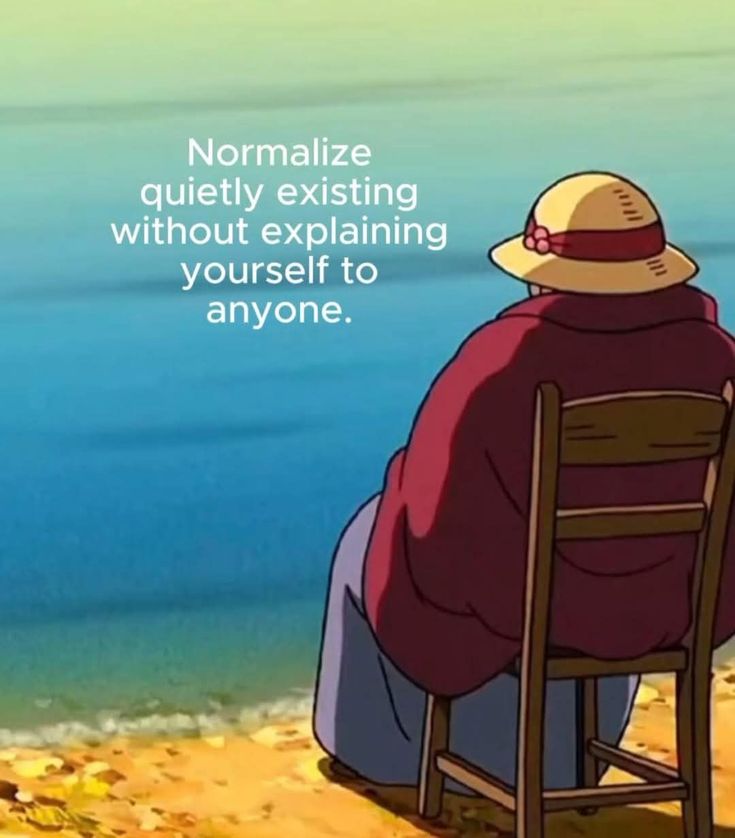
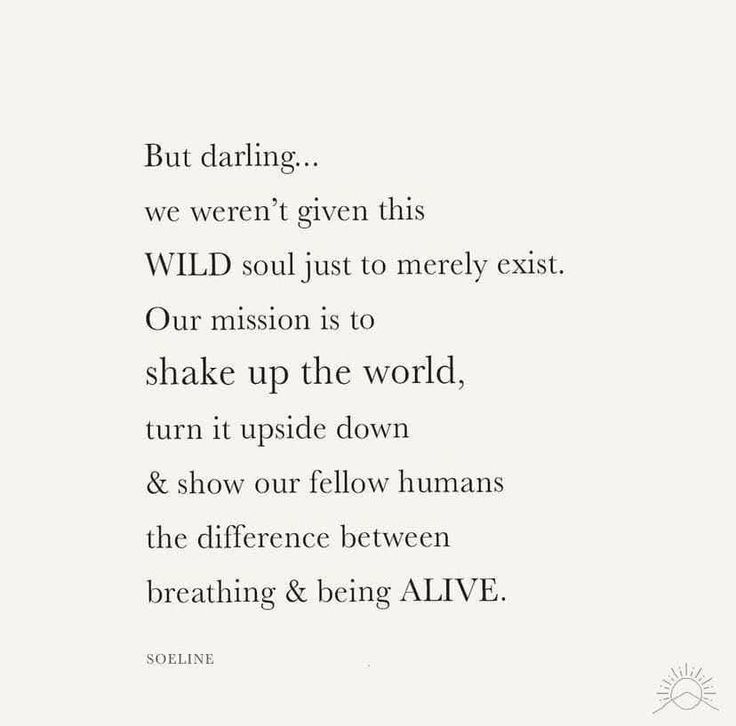
![Don’t Let The Tame Ones Tell You How To Live [Poster] Don’t Let The Tame Ones Tell You How To Live [Poster]](https://movemequotes.com/wp-content/uploads/2024/12/Tame-Ones-Preview.jpg)
